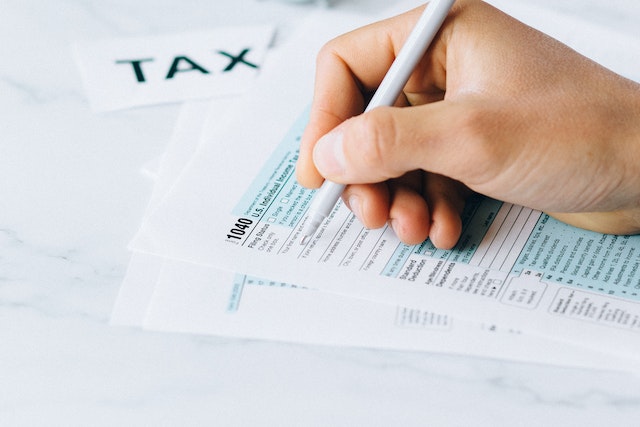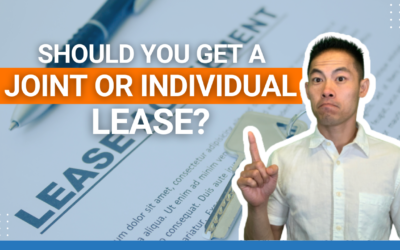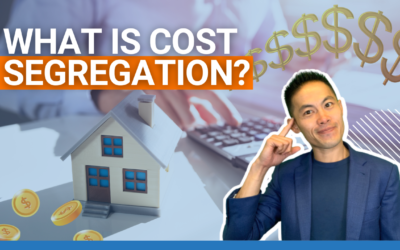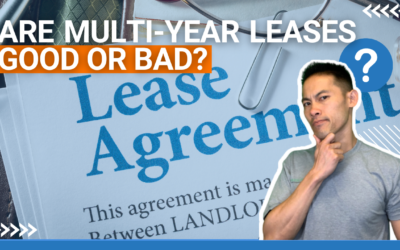Any landlord has a lot to think about. Vacancies to fill, rents to collect, and repairs to make. But there’s one thing you shouldn’t miss: property taxes. To ease off your worries about filing tax forms, here is a brief introduction to the 1040 Schedule E tax form.
What is a 1040 Schedule E?
The 1040 Schedule E is a tax form that lists all your business income and losses. It can include real estate, LLCs, corporations, or trusts.
In other words, it lets you know whether the business made a profit or a loss.
Filing a Schedule E would usually involve a Schedule K-1. It is another tax form where a business partnership’s income, deductions, and credits for the tax year are reported.
To know more about taxes and the different tax forms, visit the website of the Internal Revenue Service (IRS).
How does it work?
For example, I am on a 50-50 partnership deal with someone. My partner gets 50%, and I get the other 50%. Together with my CPA, I will take all my K-1s based on my different corporations, businesses, and real estate holdings. We will add them all up and put them on the 1040 Schedule E.
In order to be able to hand out a K-1 depending on the percentage of ownership, my CPA will go through and calculate how much income and costs we have, as well as our net losses.
Tax forms can be really long and complex. But having accurate calculations will ensure that you don’t end up overpaying taxes.
The Landlord Tutor Promise
In all my years as a landlord and property manager, I can assure you that I know my way around taxes, with the help of my CPAs.
If you or anyone else you know is looking for guidance on tax forms, such as the 1040 Schedule E, join the Landlord Tutor community and sign up here.





